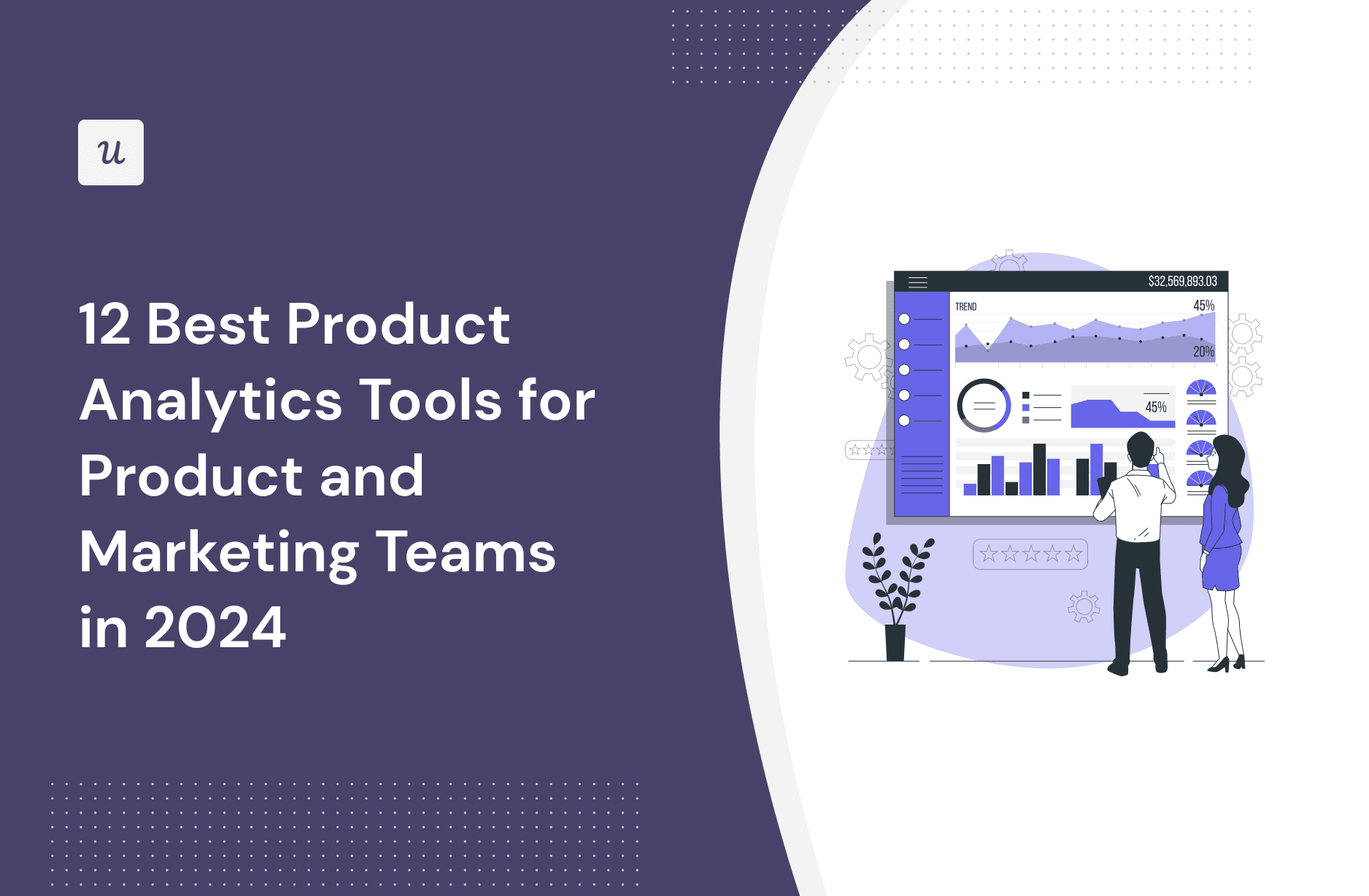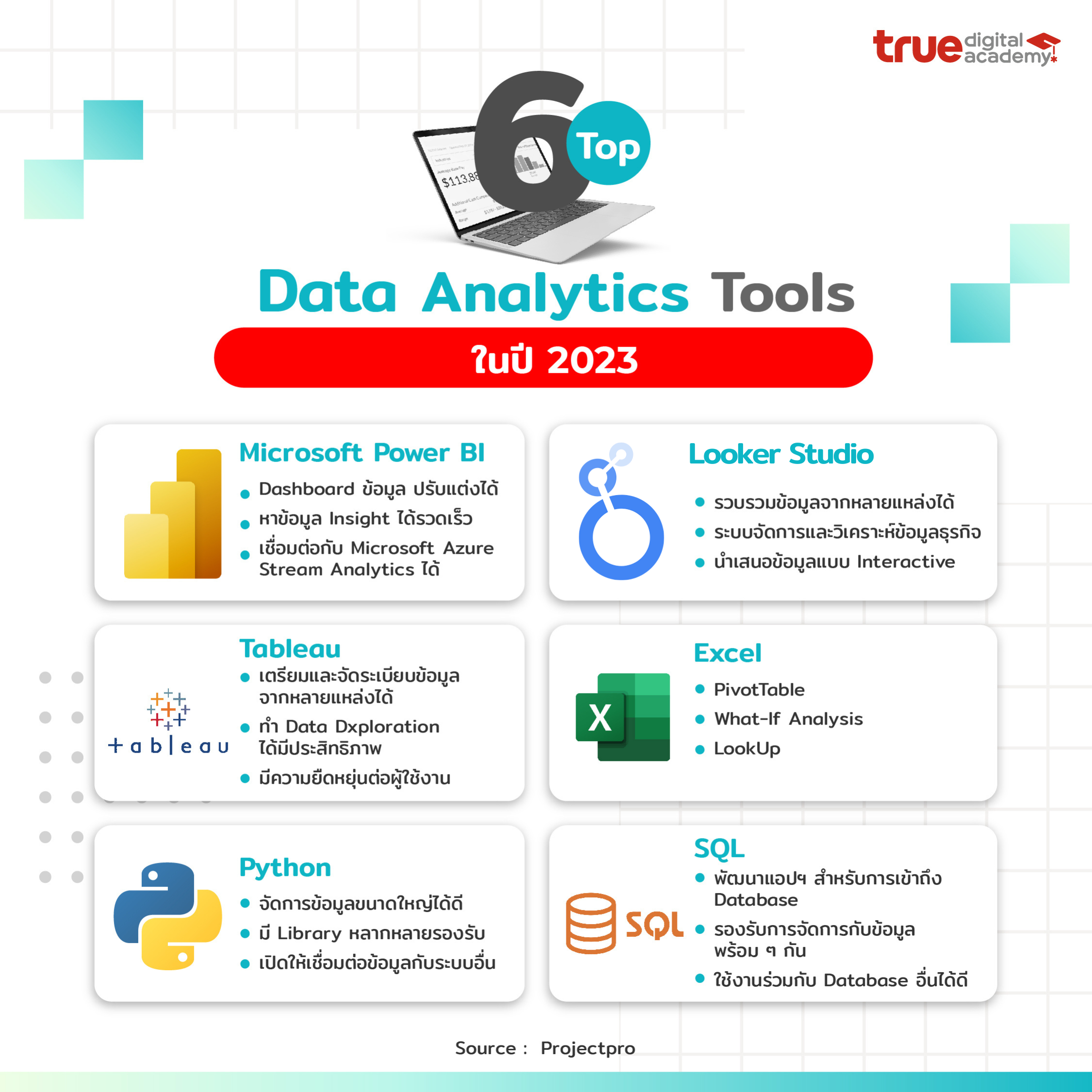Maximize Efficiency Using Real-Time Analytics Platforms
Maximize Efficiency Using Real-Time Analytics Platforms
Blog Article
Make The Most Of Growth: Just How Analytics Drive Better Approaches
By harnessing information understandings, businesses can refine their functional methods, prepare for market modifications, and improve consumer involvement. The obstacle lies not just in accumulating data but in effectively translating it to drive concrete end results.
Recognizing Information Analytics
Data analytics is a methodical computational analysis of information that allows companies to discover meaningful patterns and insights. This process includes a selection of techniques, consisting of statistical analysis, anticipating modeling, and data mining, which collectively intend to transform raw data right into actionable details - Analytics. By using these methods, organizations can make informed choices that are rooted in empirical evidence as opposed to instinct alone
The foundation of information analytics lies in its capacity to deal with vast quantities of info from diverse sources. This consists of organized data, such as data sources, and unstructured data, consisting of social media communications and consumer feedback. With the usage of specialized software program and devices, analysts can extract and process this data effectively, recognizing patterns and relationships that may not be instantly apparent.
Understanding data analytics also involves recognizing the relevance of data quality and honesty. Reputable and exact information is critical for meaningful evaluation; hence, companies have to implement robust data governance methods. The iterative nature of analytics enables for continuous refinement and improvement of approaches, guaranteeing that companies stay agile in the face of transforming market characteristics and consumer behavior.
Trick Benefits of Analytics

One of the crucial advantages of analytics is its capability to supply actionable insights. Organizations can quickly examine vast quantities of data, revealing patterns that might not be immediately evident. This assists in preparing for market changes and adapting strategies accordingly. Furthermore, analytics cultivates a society of evidence-based decision-making, decreasing reliance on instinct and guesswork.
An additional substantial benefit is improved consumer understanding. Analytics devices enable services to sector their target market, track consumer habits, and individualize marketing initiatives. This targeted strategy not just boosts client involvement however additionally drives greater conversion prices.

Implementing Analytics Strategies
To fully understand the advantages of analytics, organizations have to adopt organized strategies for application. This starts with plainly specifying goals that align with broader service objectives. By establishing specific, measurable end results, organizations can concentrate their analytics efforts on locations that produce the highest return on financial investment.
Following, organizations must focus on data governance to make sure the integrity and protection of the information being assessed. This entails establishing procedures for data collection, storage space, and access while adhering to relevant guidelines. Making certain premium data is vital for creating significant understandings.
Moreover, promoting a society of data-driven decision-making is crucial. This needs training employees to translate analytics searchings for and motivating cooperation throughout departments. When teams recognize the worth of analytics, they are much more likely to integrate insights right into their everyday operations.
Lastly, companies need to regularly examine and refine their analytics strategies. The landscape of information and technology is continually evolving, and remaining versatile will enable organizations to leverage brand-new tools and methodologies properly. By executing these organized techniques, organizations can maximize the influence of their analytics efforts and drive lasting development.
Tools for Efficient Analysis
Efficient evaluation counts on content a variety of tools that assist in the removal of insights from information - Analytics. These tools can range from easy spreadsheet applications to innovative machine learning platforms, each offering a distinct function in the logical process
Information visualization software application, such as Tableau and Power BI, plays a vital role in changing intricate datasets right into reasonable graphical depictions. These devices enable experts to identify patterns and patterns promptly, enabling more enlightened decision-making.
Analytical evaluation software program, like R and SAS, supplies sophisticated abilities for carrying out comprehensive evaluations, consisting of regression, hypothesis screening, and anticipating modeling - Analytics. These attributes equip companies to draw significant conclusions from their information, recognizing possible chances and dangers
Furthermore, database administration systems such as SQL and NoSQL databases provide the essential framework for keeping and quizing large quantities of information efficiently. They guarantee that data is organized and obtainable for try these out analysis.
Finally, company knowledge find out here now platforms incorporate different information sources, providing an extensive sight of business efficiency. By utilizing these tools effectively, services can boost their logical abilities, allowing them to establish methods that take full advantage of growth and enhance total performance.
Study of Success
Successful companies usually leverage information analytics to drive impactful approaches, as evidenced by a number of notable study. One prominent example is Netflix, which makes use of advanced algorithms to assess customer choices and habits. By utilizing these understandings, Netflix has actually effectively customized its content suggestions, leading to increased customer involvement and client retention. Their data-driven strategy has actually definitely added to their condition as a leading streaming solution.

In addition, Starbucks uses information analytics to establish optimal shop locations and improve its product offerings. By checking out customer demographics and purchasing patterns, Starbucks efficiently determines high-potential markets and tailors its menu to local preferences, driving sales and consumer loyalty.
These study highlight that reliable utilization of information analytics can lead to tactical advantages, fostering advancement and development within organizations throughout different industries.
Verdict
Finally, the assimilation of analytics into business approaches considerably enhances decision-making processes and promotes lasting growth. By leveraging data-driven insights, companies can identify patterns, anticipate market shifts, and maximize procedures. The effective application of analytics tools additionally sustains agility and innovation, making it possible for organizations to navigate affordable landscapes with better accuracy. Ultimately, a commitment to analytics not only drives immediate performance improvements however also safeguards long-lasting success in an ever-evolving market.
Information analytics is an organized computational analysis of information that allows organizations to uncover purposeful patterns and understandings.Understanding information analytics also involves identifying the significance of information high quality and honesty. Reliable and exact data is critical for purposeful analysis; hence, organizations should implement durable information governance practices.Following, organizations need to focus on information governance to make certain the integrity and protection of the information being assessed.Effective organizations often utilize data analytics to drive impactful techniques, as evidenced by several remarkable situation research studies.
Report this page